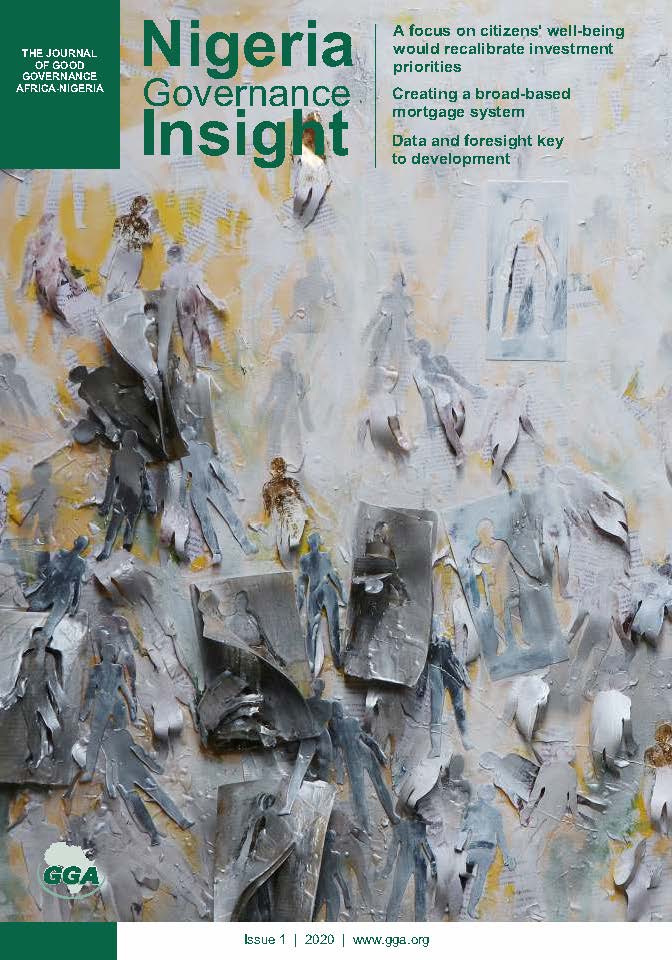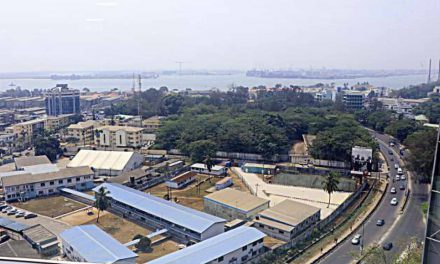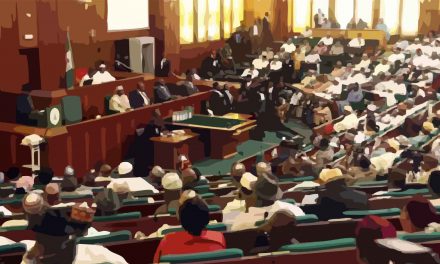A major focus of policymakers in Nigeria is the quest for inclusive growth. From this perspective, stimulating growth in labour-intensive sectors with the capacity for mass job creation is a key policy objective. The textile and garment industry as whole, based on similar structures in other countries, has such a potential for mass employment. For instance , Bangladesh has established itself as a major textile and garment hub. A survey by the Bangladesh Bureau of Statistics showed that the industry directly employed about 4 million people in 2016 and accounted for 40% of manufacturing employment, and 8% of all employment. However, the industry in Nigeria has been plagued by a protectionist policy, encouraging it to depend solely on local demand. Policies have also promoted vertical integration, forcing sub-sectors to rely on other, less competitive sub-sectors.
This domestic focus has limited both their global competitiveness and their ability to participate in international markets. At the same time, the domestic industry has not been spared international competition. The continued drop in global trade costs, as well as the fact that garments are non-perishable and can easily be smuggled across borders, has exposed the industry to competition from major foreign players. The policy focus on domestic demand has led to the slow decline of Nigeria’s textile and garment industry. Focus should instead shift towards removing the forced reliance of sub-sectors on other local sub-sectors and redirecting the industry towards exports and greater participation in global value chains.











